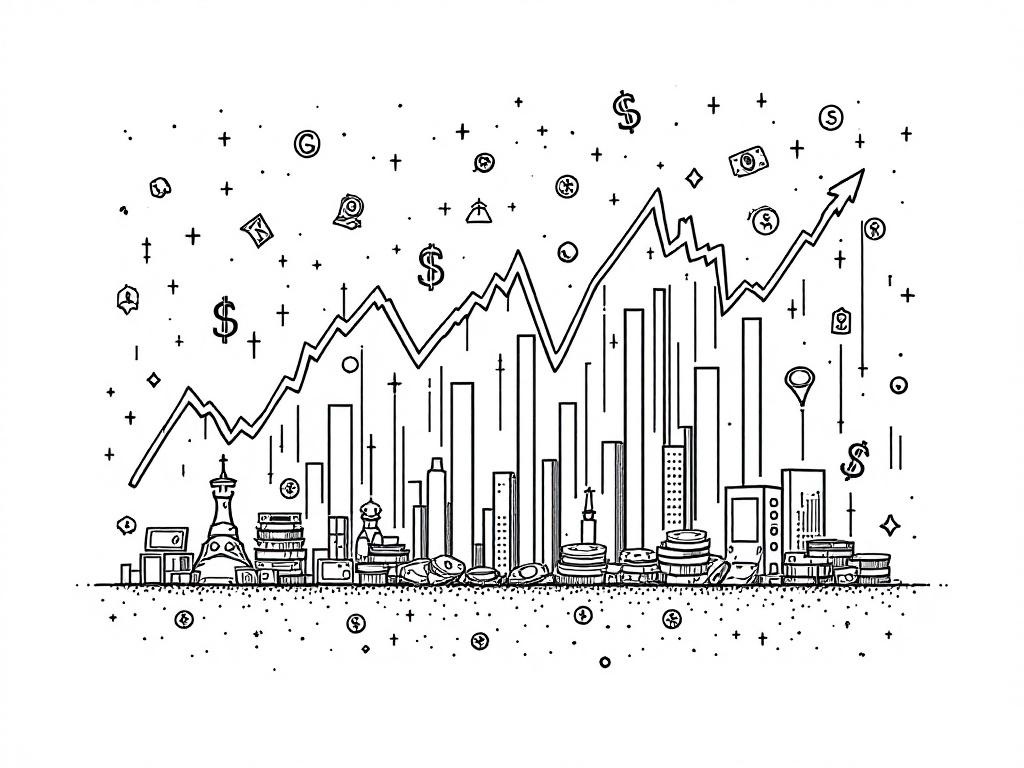Nasdaq Composite Enters Bear Market Amid Tariff Tensions

New York, Friday, 11 July 2025.
Nasdaq has slipped into a bear market due to China’s 34% tariff on U.S. imports, fueling global market instability. Investors face a challenging landscape amid escalating trade disputes between the two largest economies.
The Tariff Impact: A Ripple Effect
The introduction of a 34% tariff by China on all U.S. imports has significantly disrupted not only the U.S. market but also global financial stability. This decision came in response to U.S. tariffs on Chinese goods, intensifying an already fractious trade relationship. The imposition of these tariffs has resulted in market panic, evidenced by steep declines in futures markets, with Nasdaq futures dropping 3.33% [2].
Global Market Reaction
China’s tariff move has sent shockwaves across international markets, affecting indices worldwide. European and Asian markets also felt the tremors, leading to a broader systemic impact on economic confidence. By July 9, 2025, the Nasdaq Composite Index had already entered bear market territory due to these escalating tensions [1][5].
Potential Economic Fallout
Economists warn that the tariffs could lead to increased inflation due to the higher cost of imported goods, presenting a dilemma for central banks like the U.S. Federal Reserve. The situation may necessitate interest rate cuts, as indicated by markets now predicting multiple rate cuts before the year’s end to cushion the economic blow [2][4]. However, if these tariffs promote inflation, the Federal Reserve’s ability to maneuver could be severely constrained.
Broader Economic Indicators
The ongoing trade tensions have not only affected market indices but have also raised the probability of a U.S. recession in 2025 to an estimated 56% [3]. As investors grapple with uncertainty, sectors traditionally more sensitive to economic cycles, such as technology and manufacturing, might experience heightened volatility. Despite some optimism spurred by recent legislative changes, like the July 4, 2025, tax bill that permanently extended 2017 tax cuts, the overall sentiment remains cautious amid these economic headwinds [5].